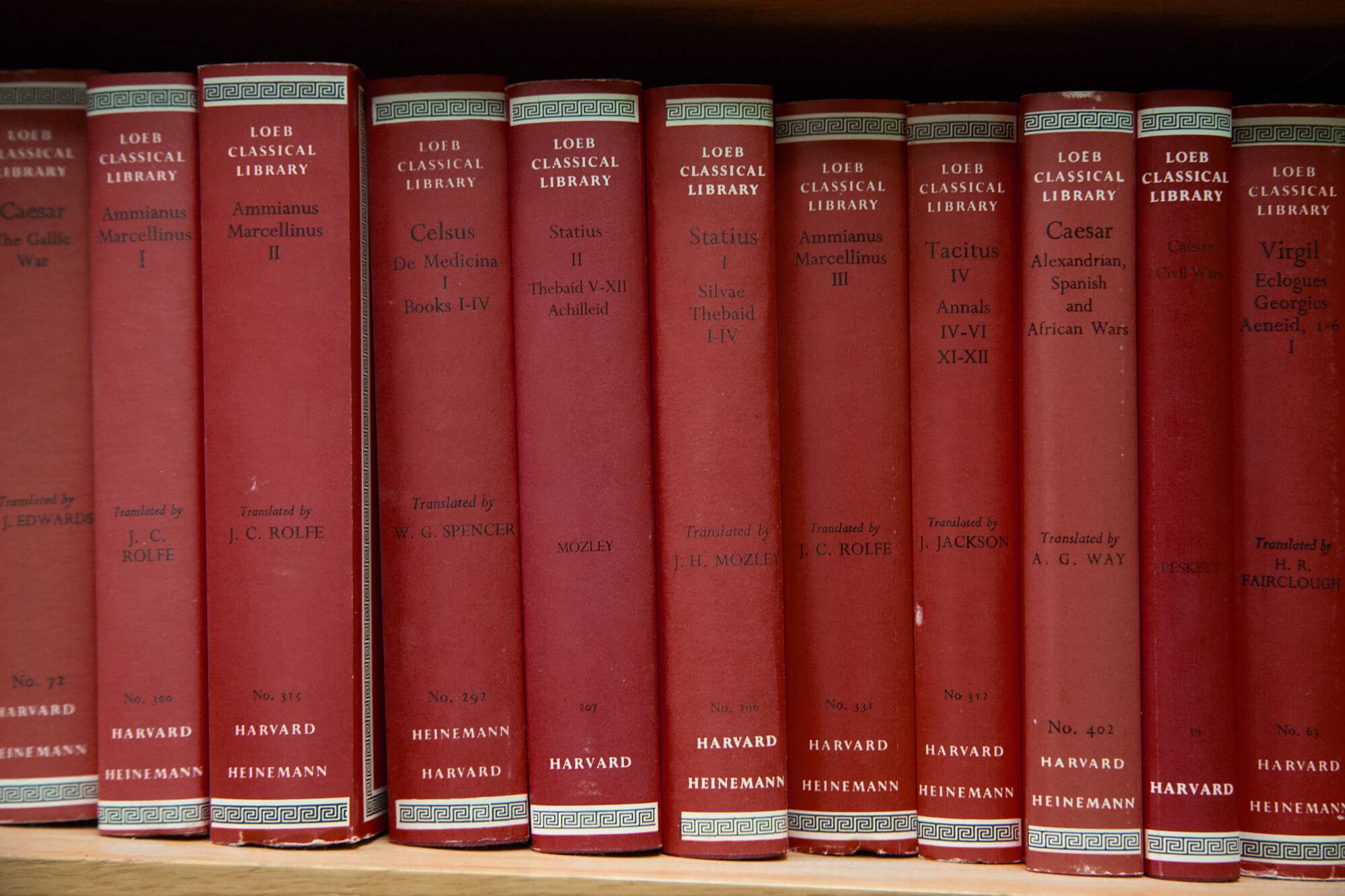Mission
Mission

The mission of the Department of Philosophy is to:
- Preserve, increase, and transmit knowledge of the discipline of philosophy and its applications
- Foster critical and moral thinking skills
- Support excellence in faculty research and creative activity
- Promote public dialogue on matters of significance throughout the university and community
The Department offers high quality instruction throughout its curriculum, but recognizes the special importance of its contributions to the Core Curriculum provided by Philosophy 1305 (Philosophy and Critical Thinking) and Philosophy 1320 (Ethics and Society). Both courses offer rigorous training in critical thinking and a sustained investigation of ethical theories.
The Department will continue to provide an appropriate array of courses to our majors who plan to pursue graduate work in philosophy. We review our courses on a regular basis to insure that we meet the needs of both majors and minors in the program. The Department will strengthen its minor in Religious Studies by expanding its course offerings in response to the marked increase over the last five years both of enrollment in Religious Studies courses and of the number of minors.
The Department regards as a high priority developing excellence in the area of Latin American philosophy.
The Department maintains its commitment to fostering critical thinking and dialogue on matters of public interest. The successful Dialogue Series will continue, and we will especially look to encourage more connections with and involvement from the local community. We shall seek endowment funding for some or all of the series.
The Department will also foster its interdisciplinary ties through the participation of faculty members in the Honors Program, the Multicultural and Gender Studies Program, and the collaborative Sustainability Group.
In August 2010 the Department opened a Master’s Program in Applied Philosophy and Ethics. Students in the program are prepared to bring their training in the analysis and application of ethical theories to bear in a professional or community setting of their choice. In addition to providing a model of engaged scholarship to the undergraduate majors and minors, the graduate students in the program serve as Instructional Assistants in the large sections of Philosophy 1305 and Philosophy 1320.
We anticipate that the number of our majors and minors will continue the steady increase we have witnessed since the 1980’s and, so, predict a yearly increase of 10%. Students will continue to find attractive the skill set that is developed by the study of philosophy.
